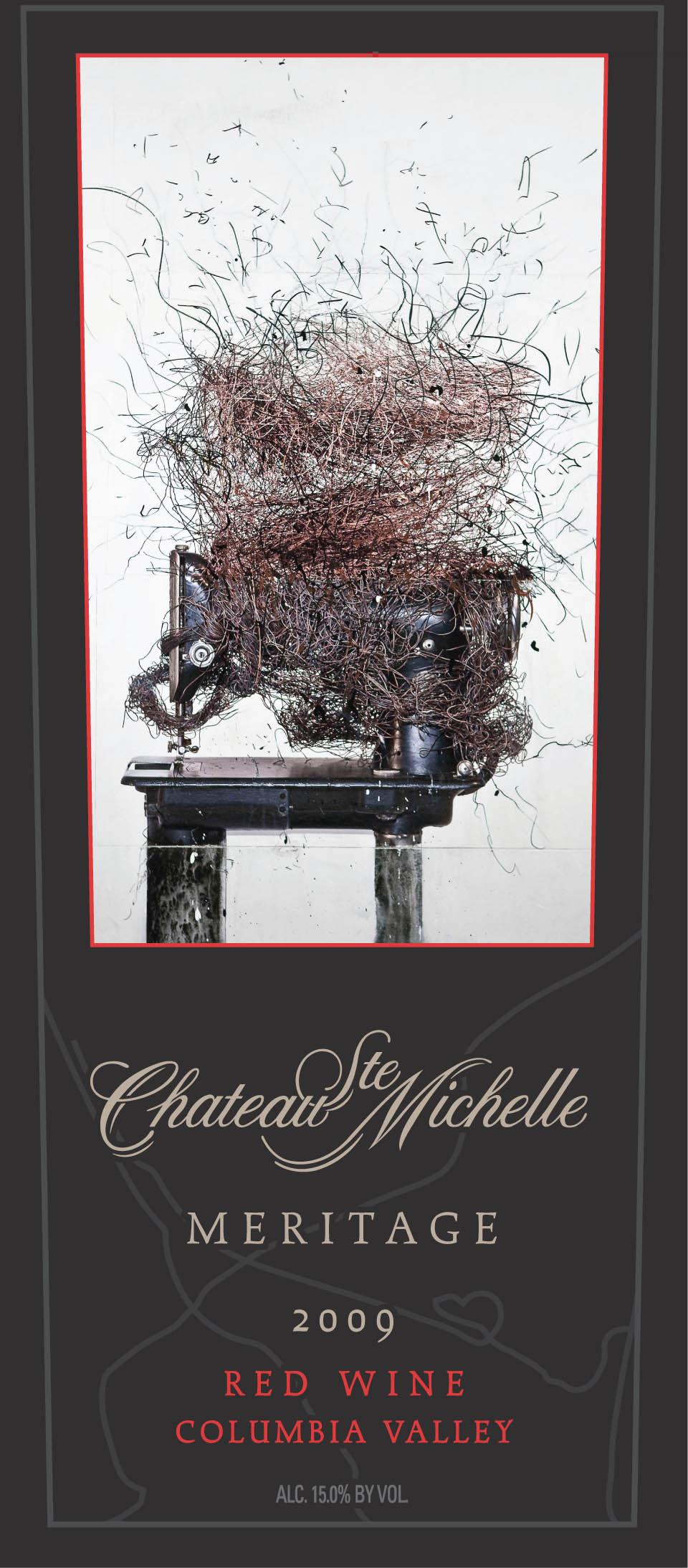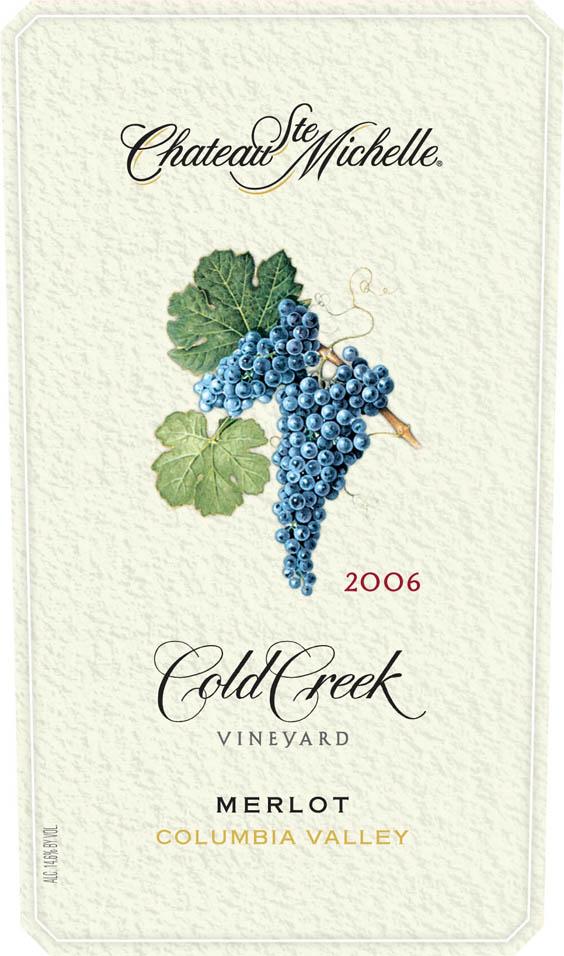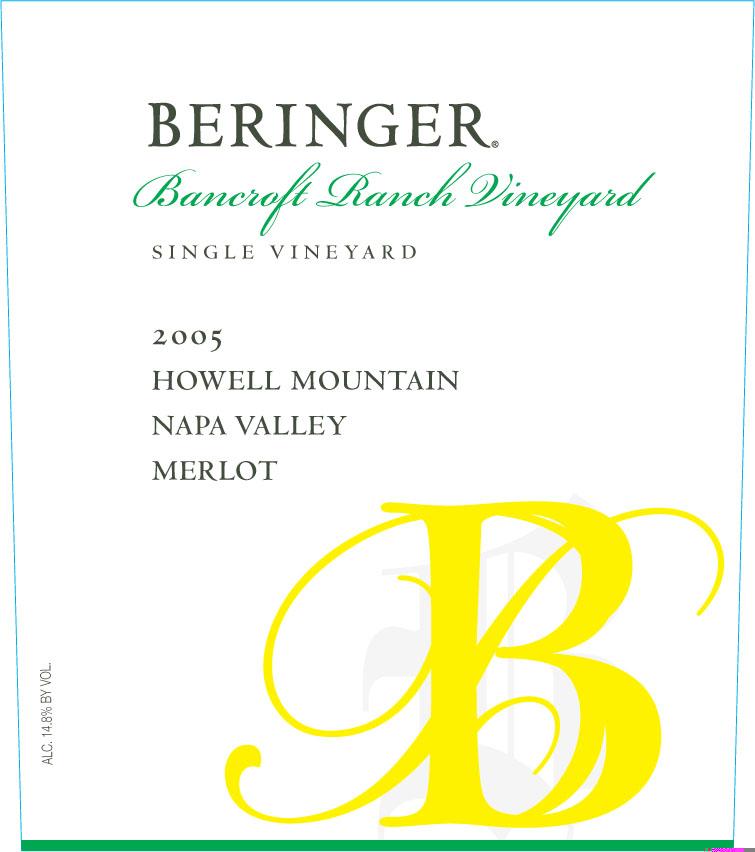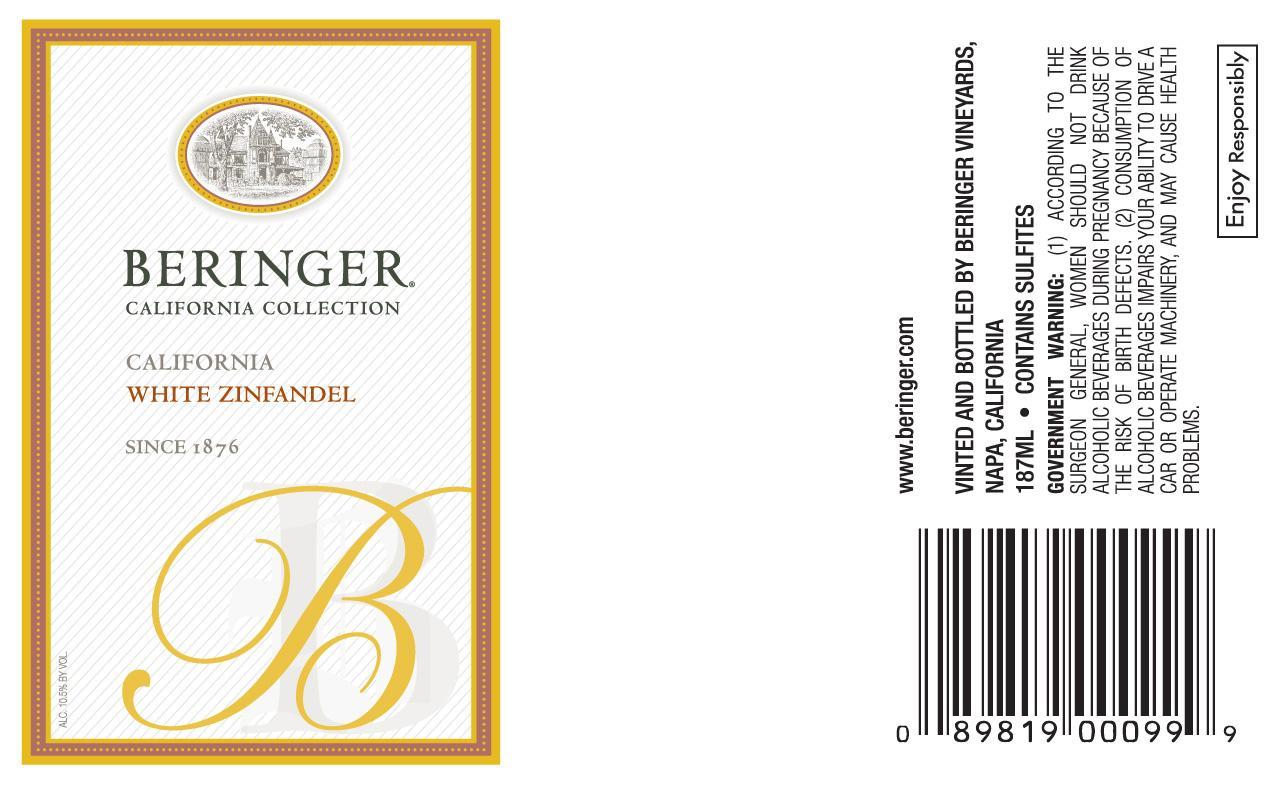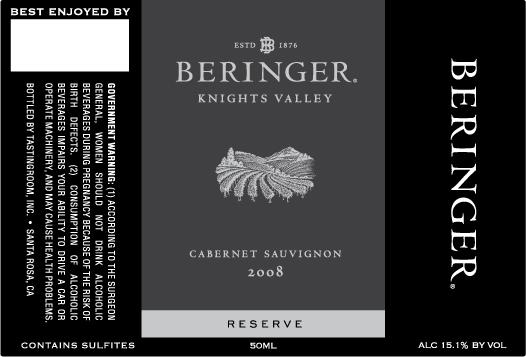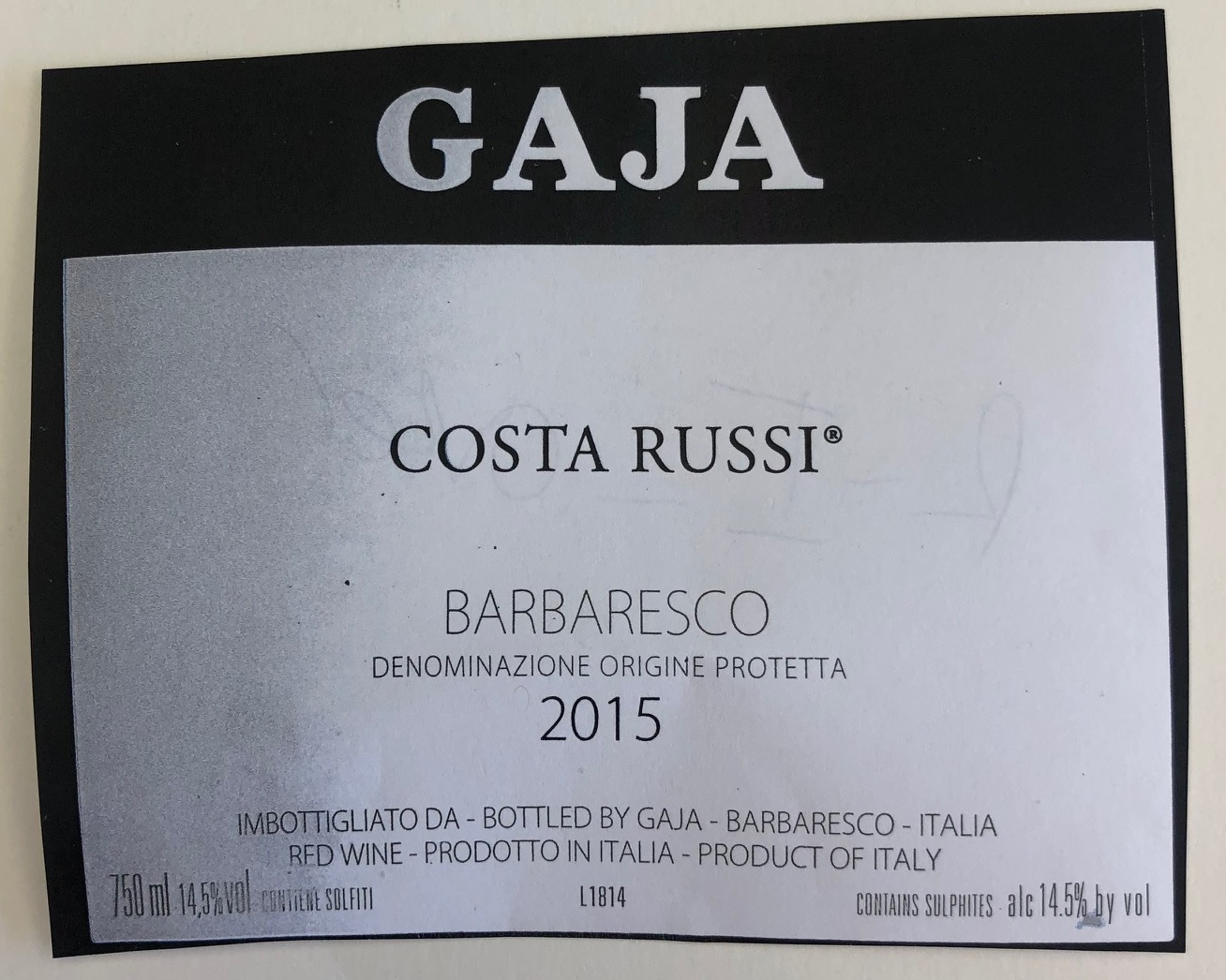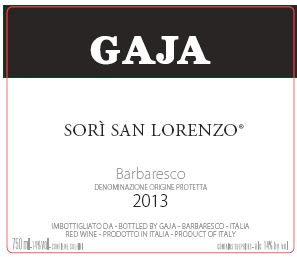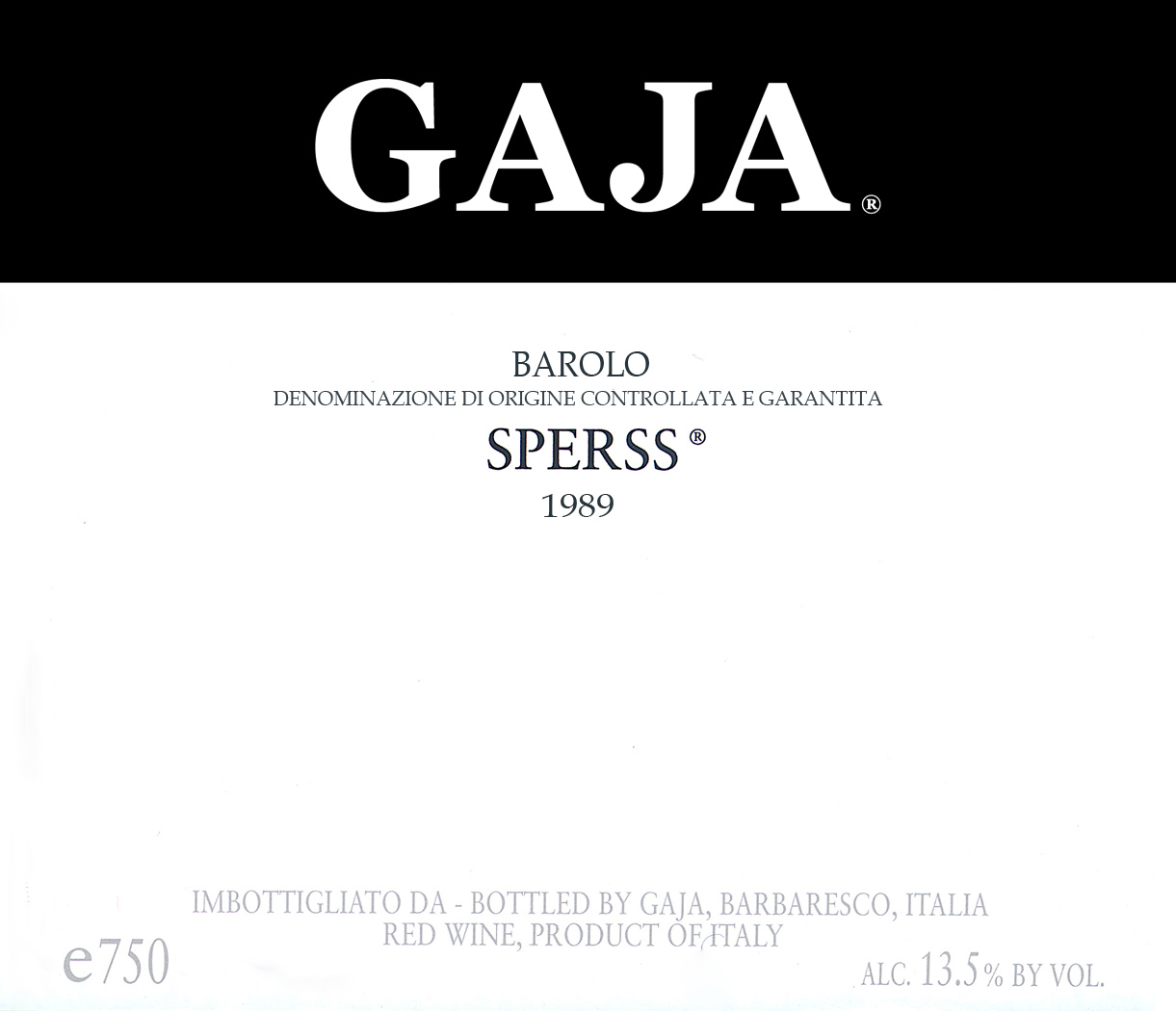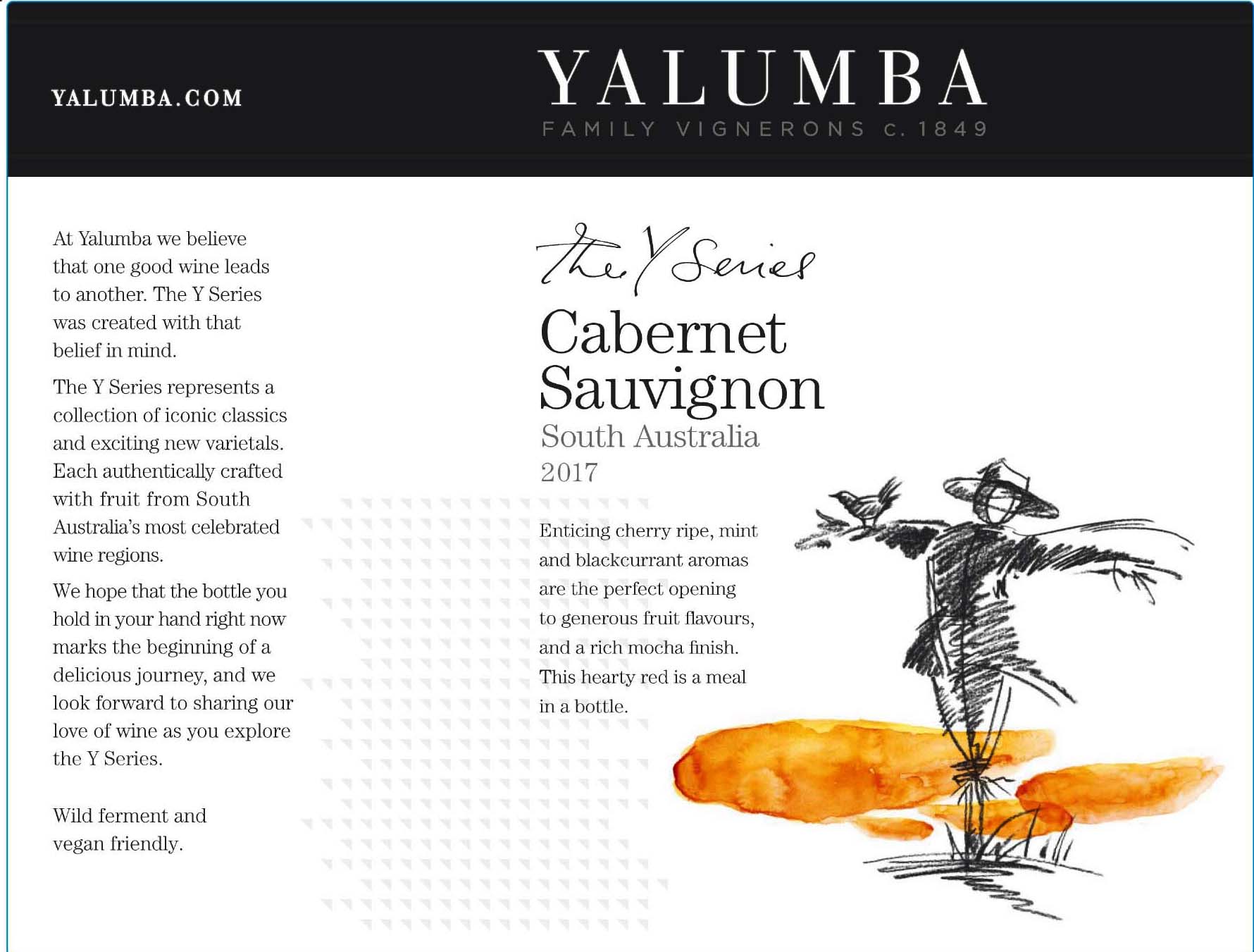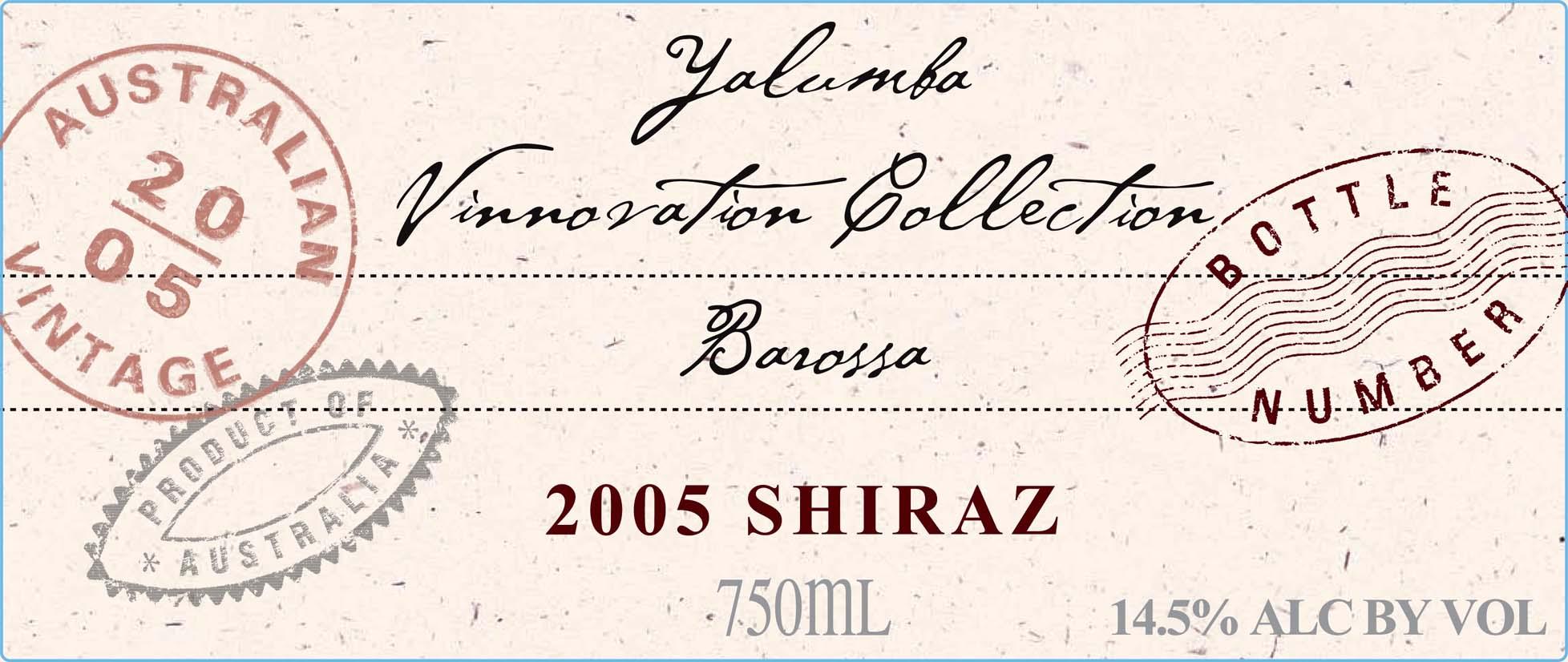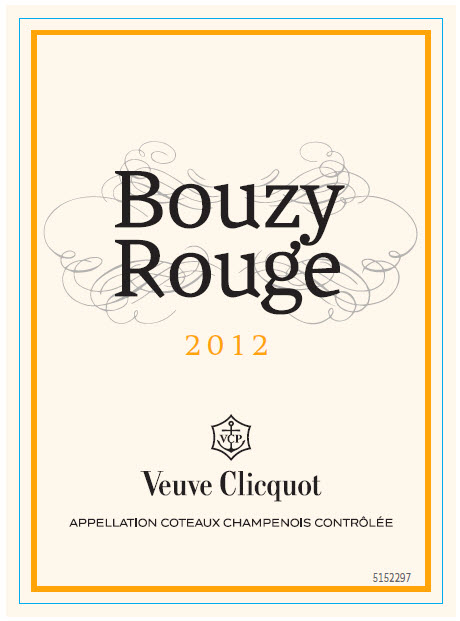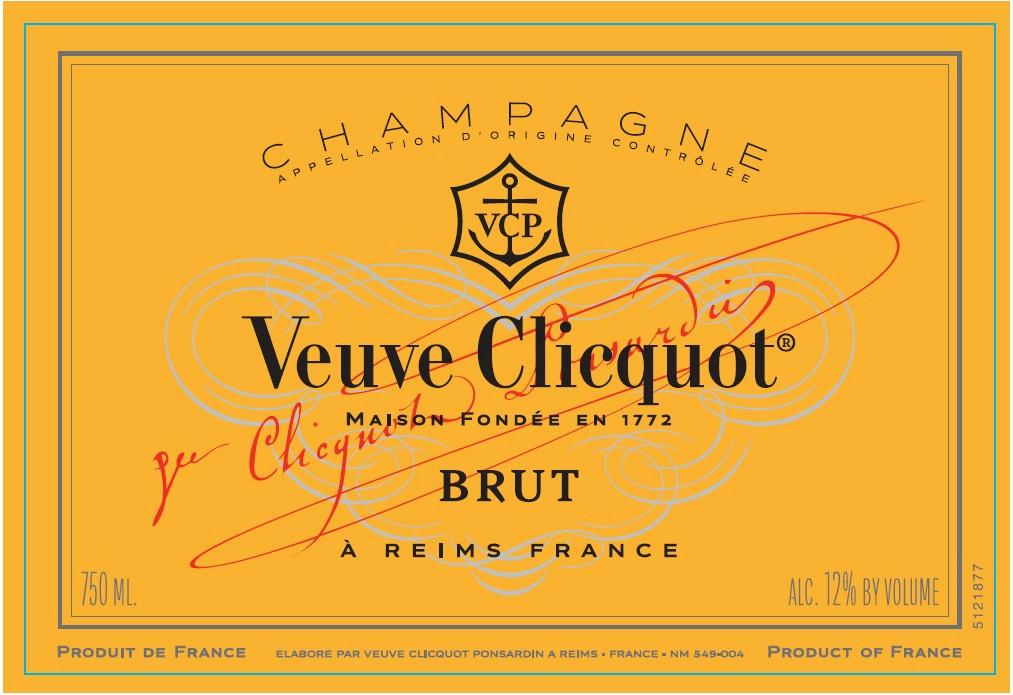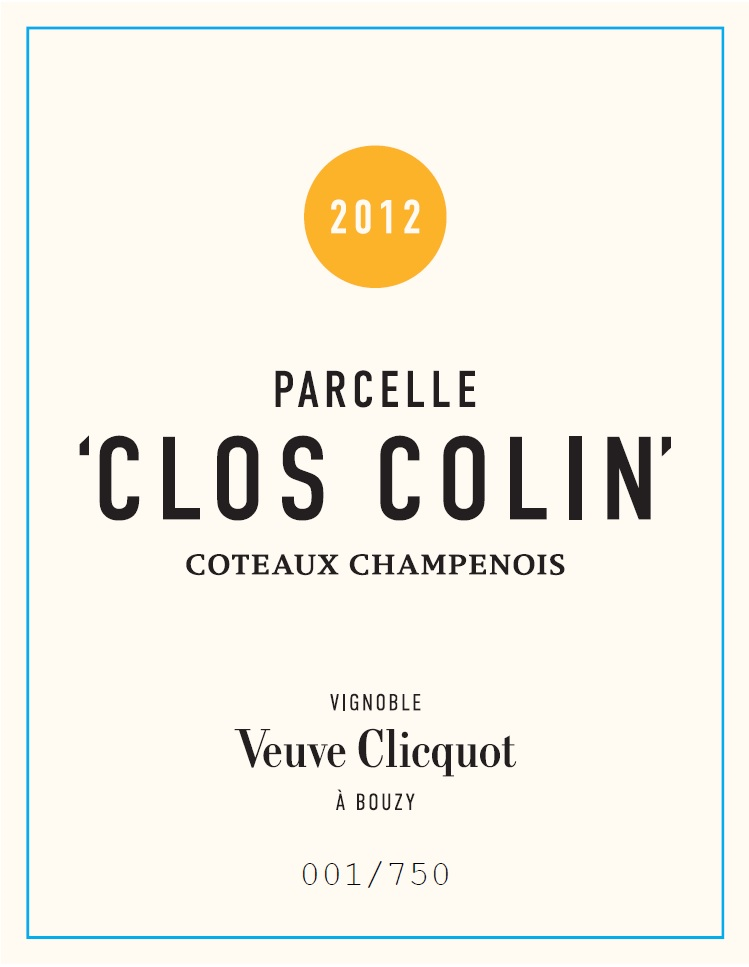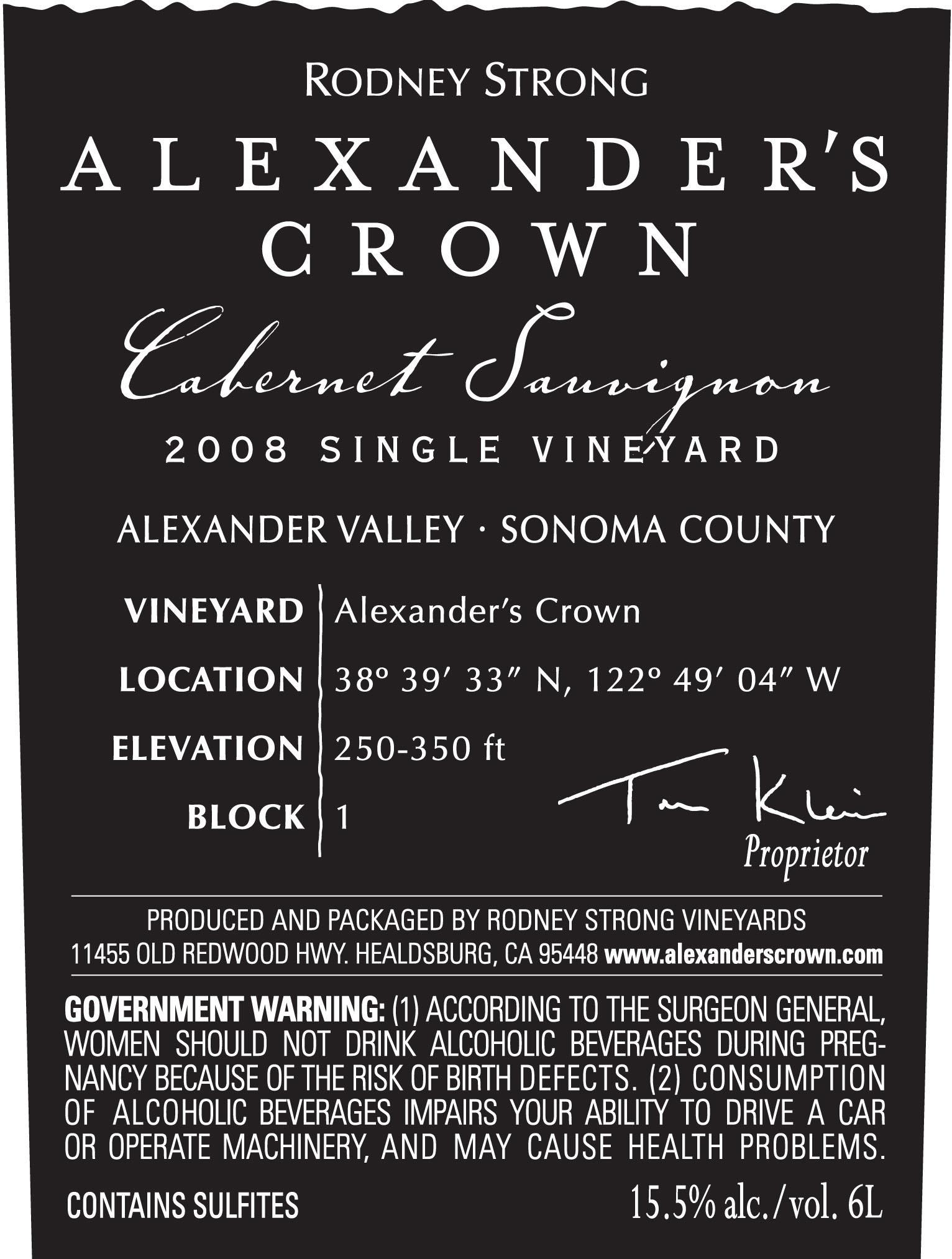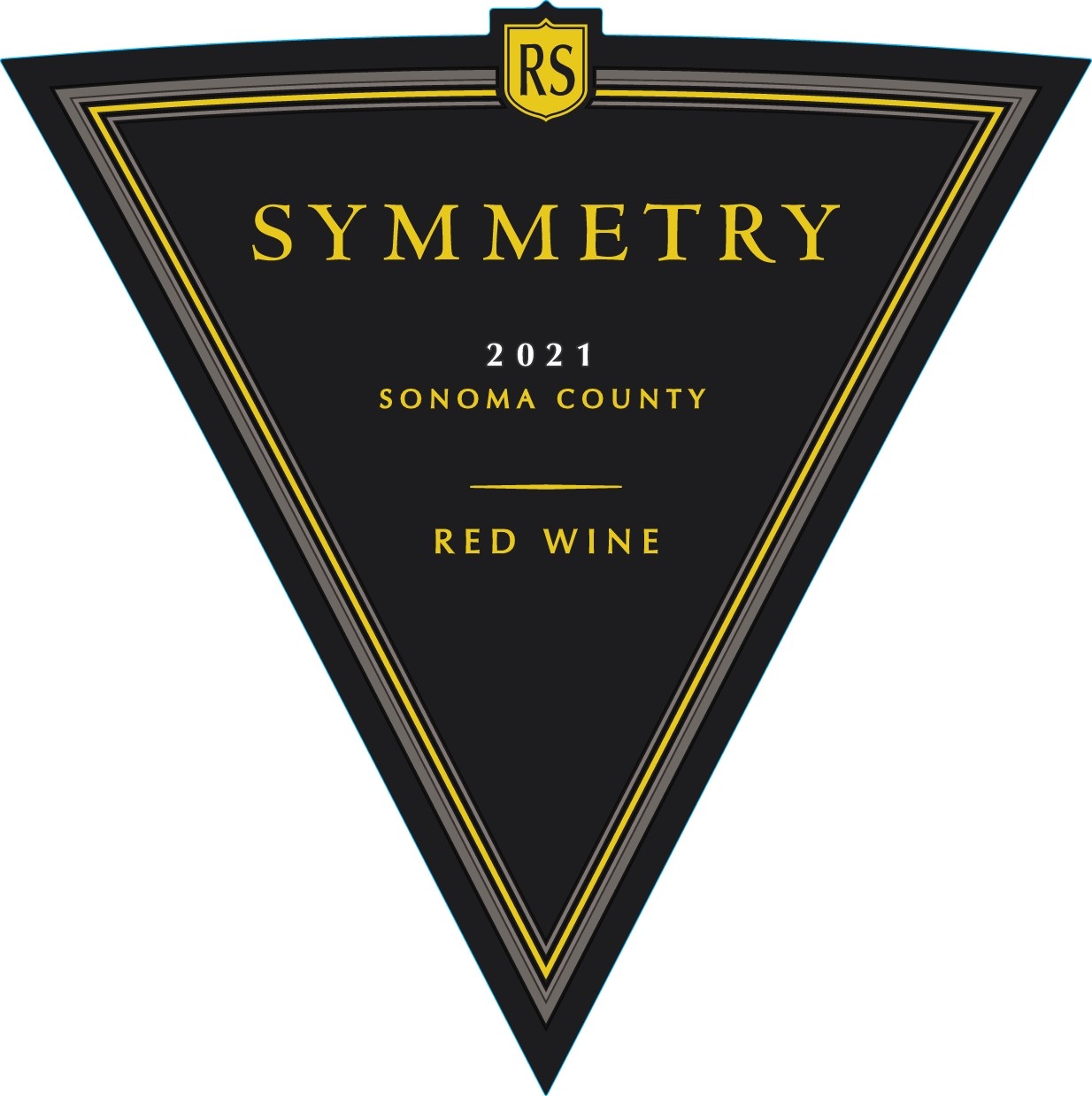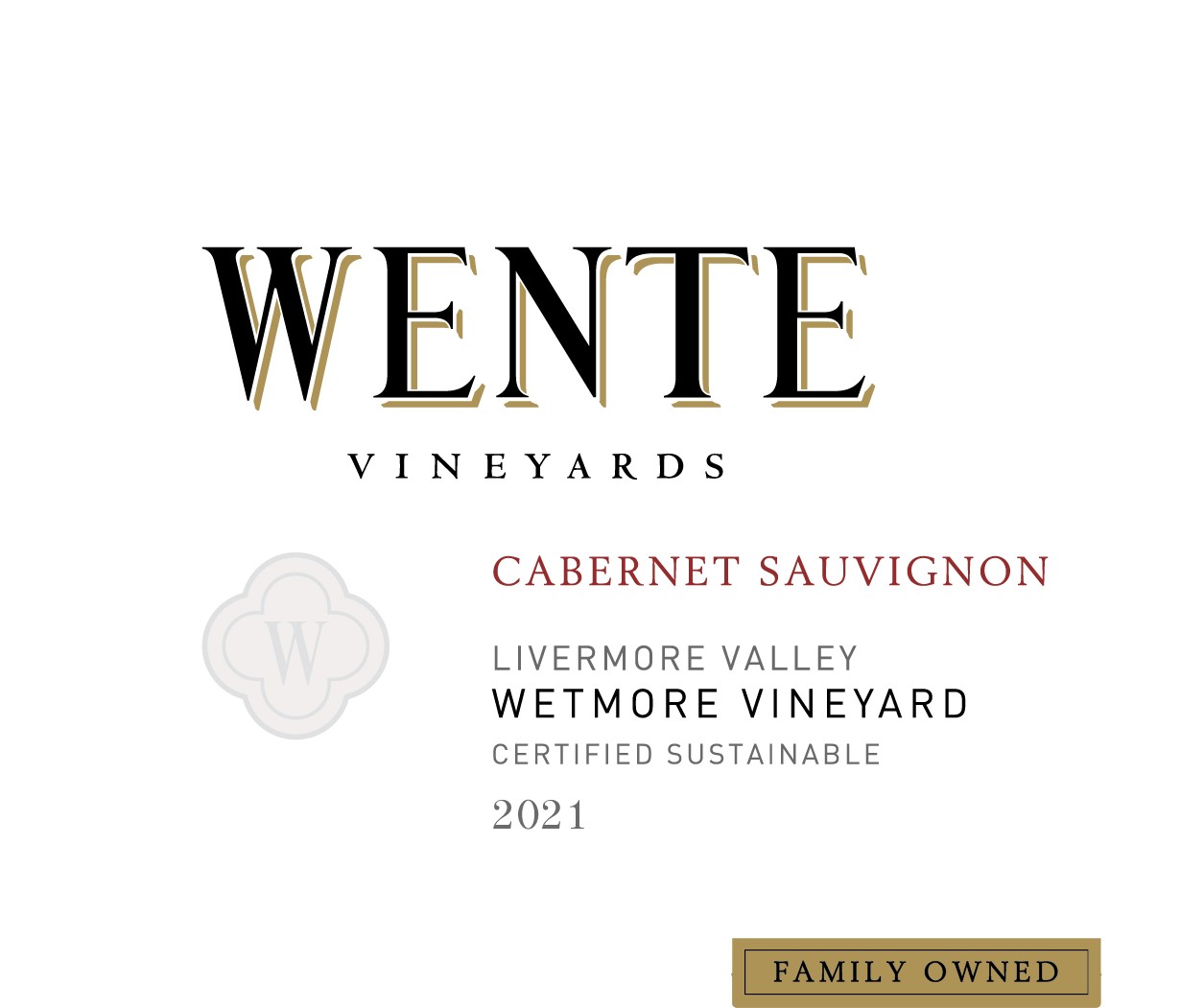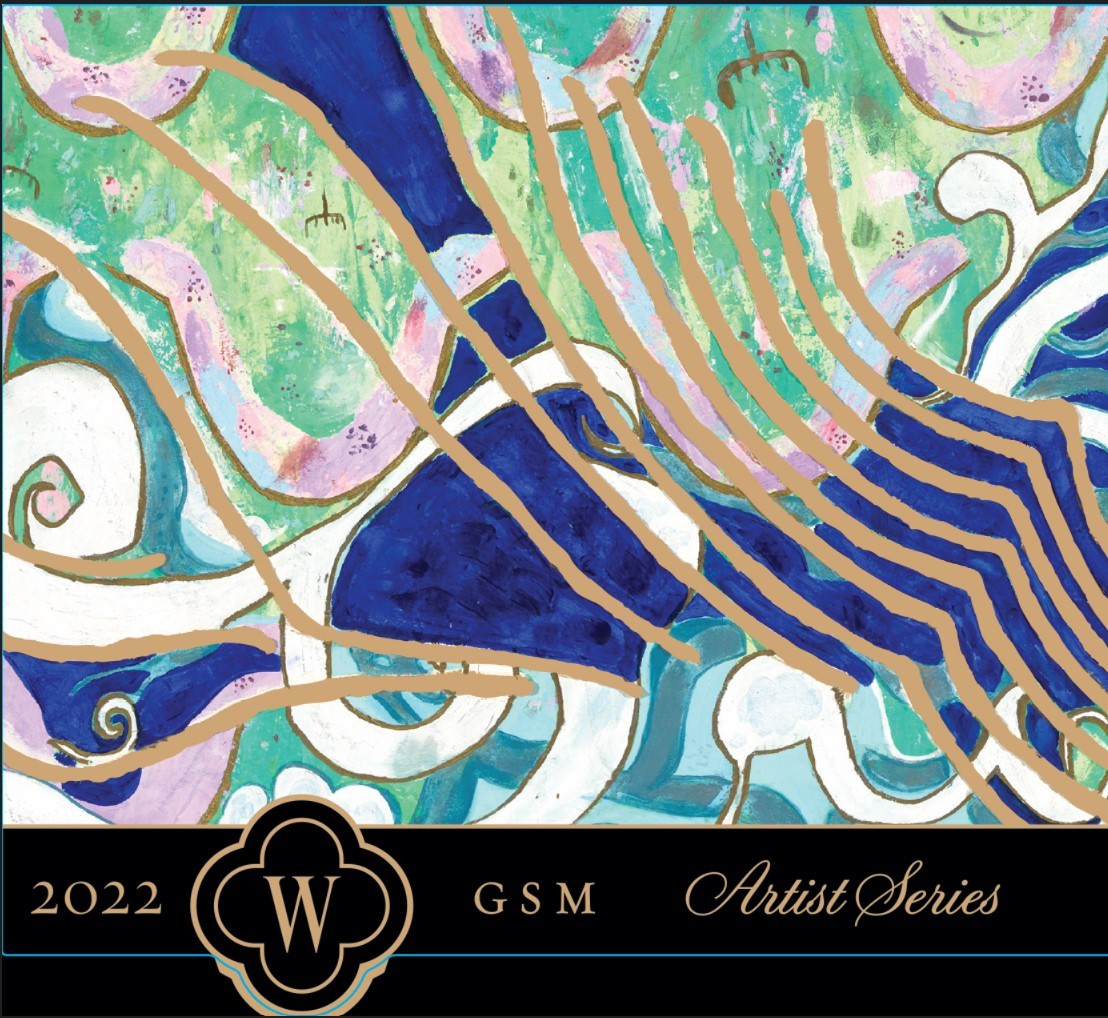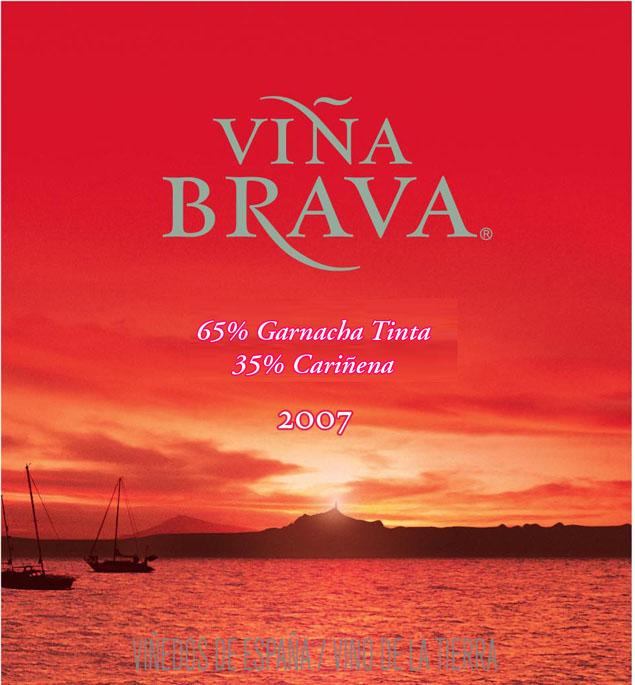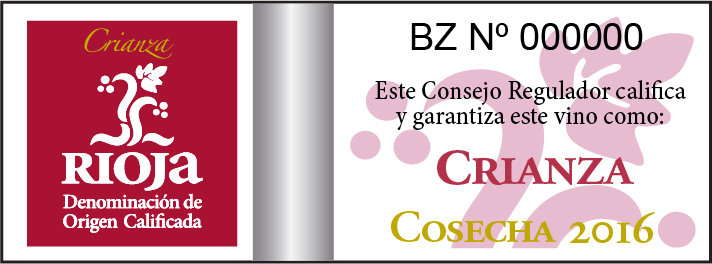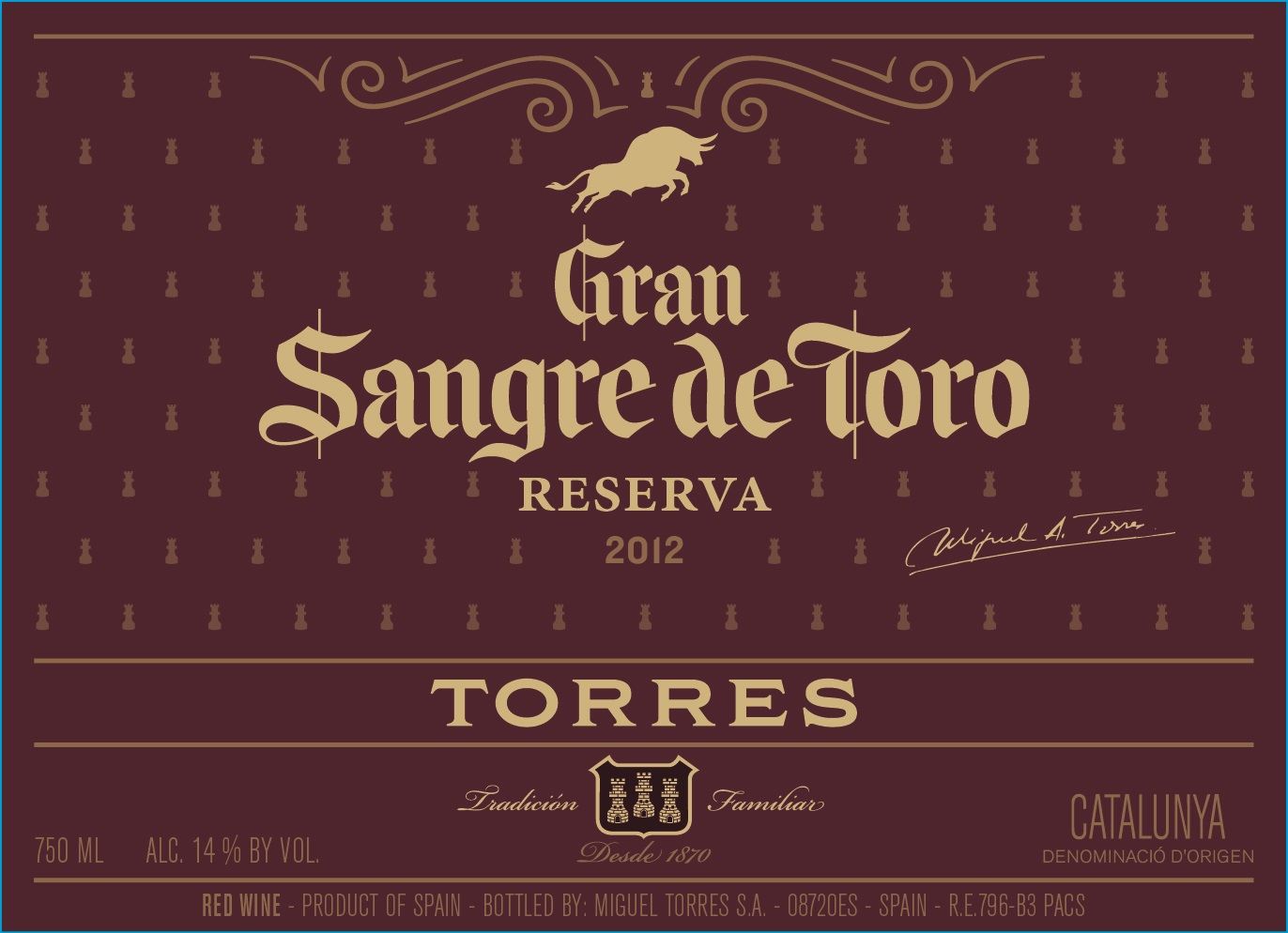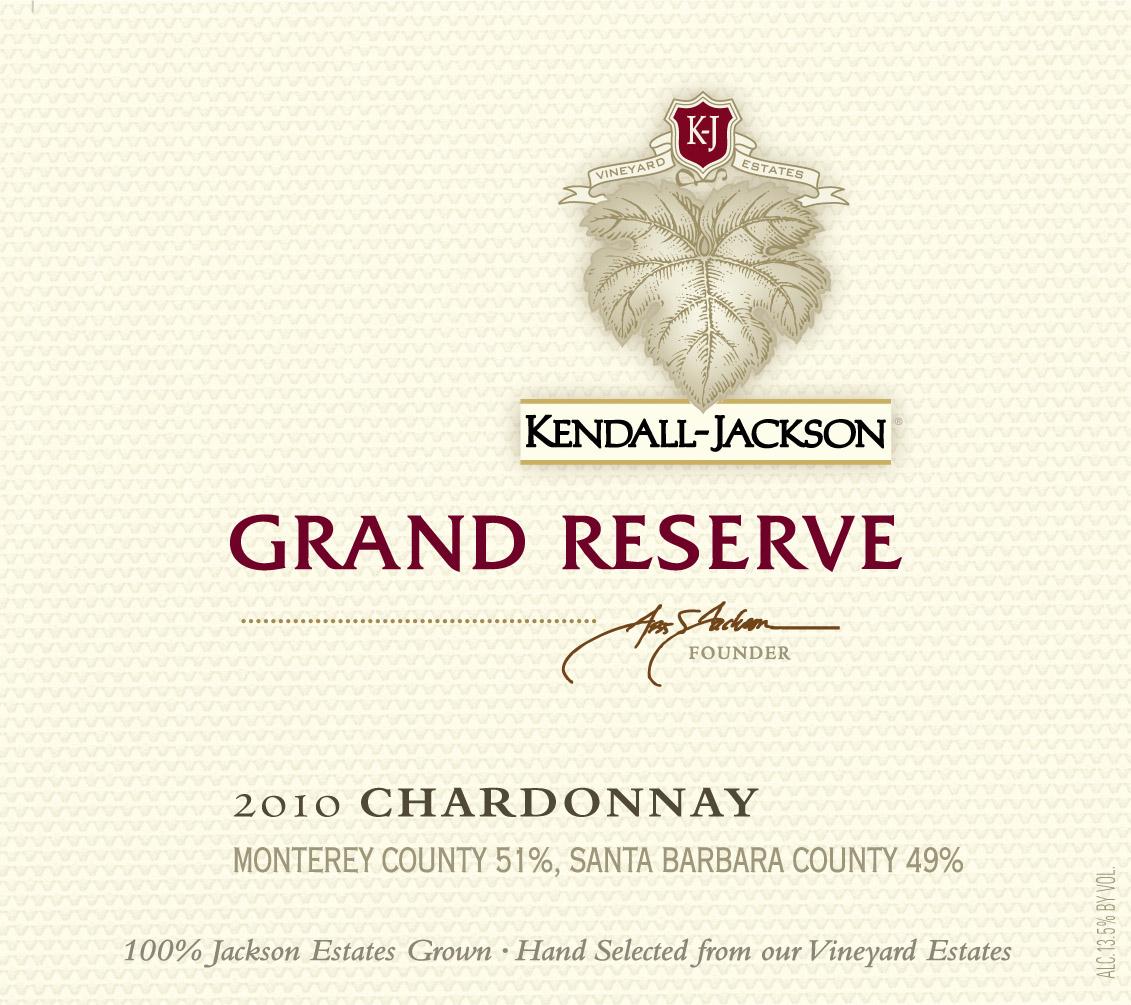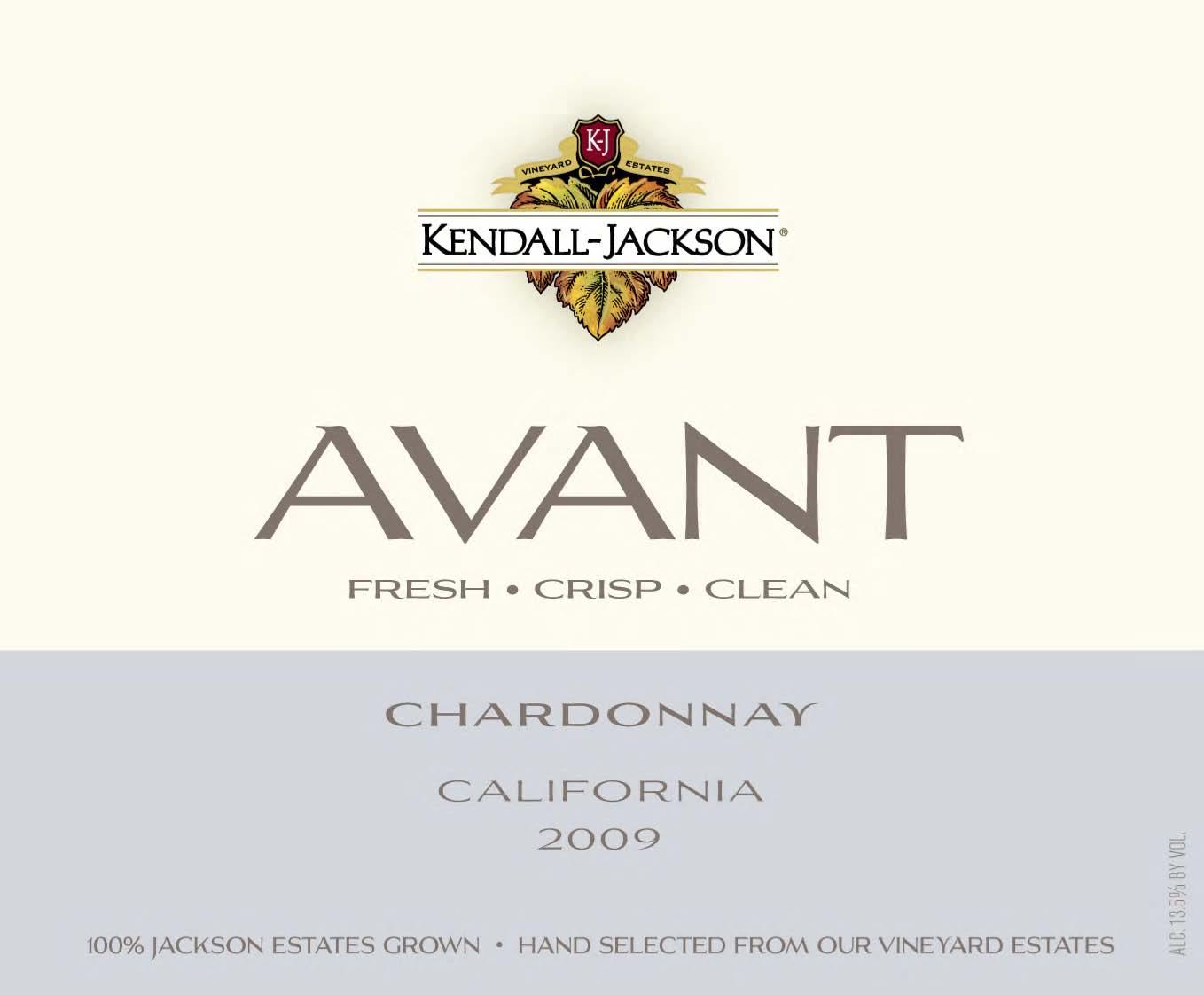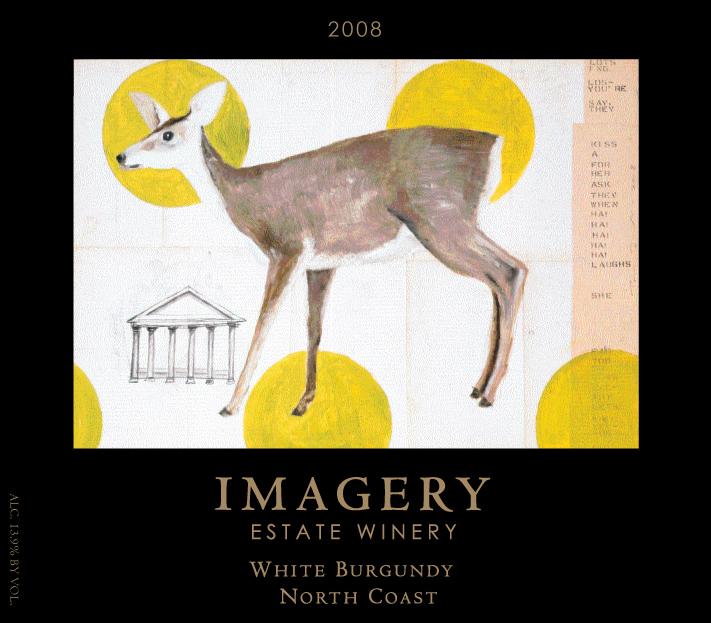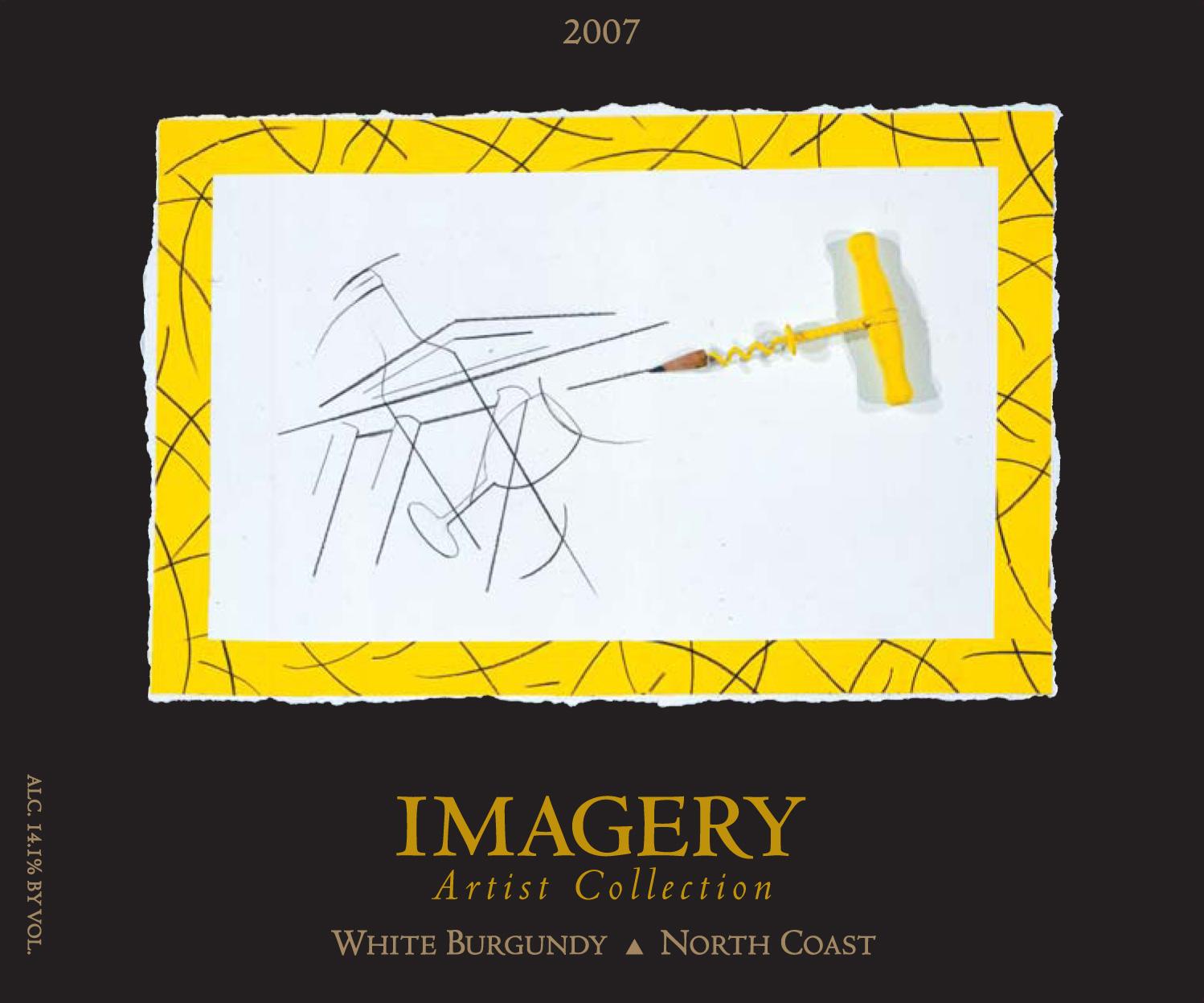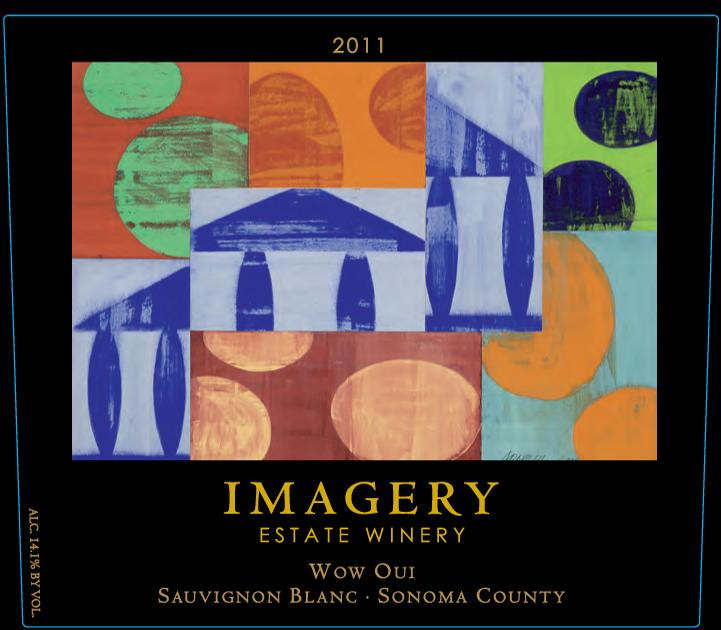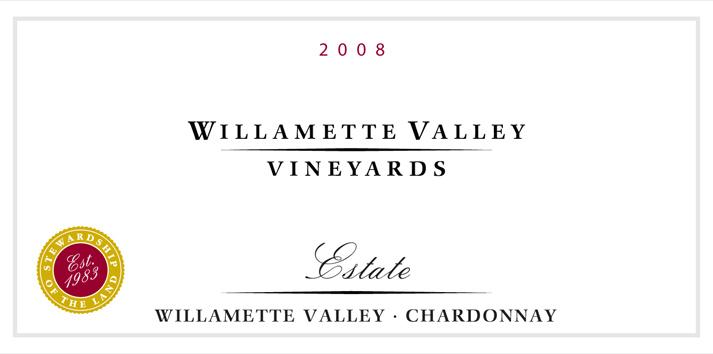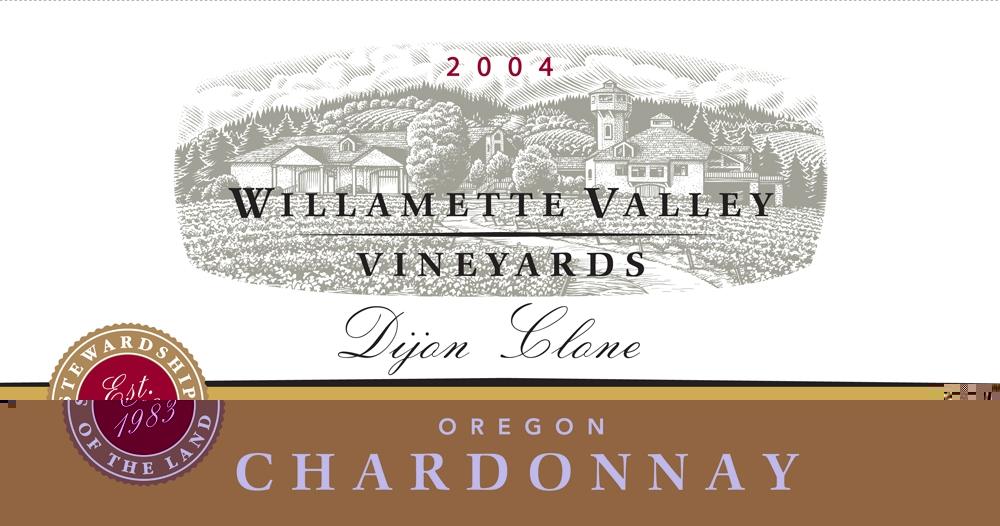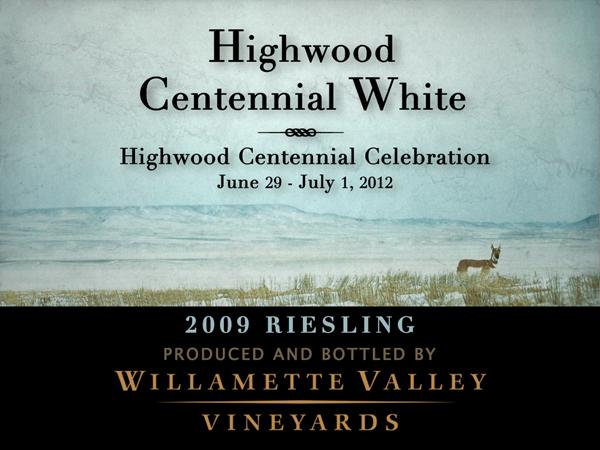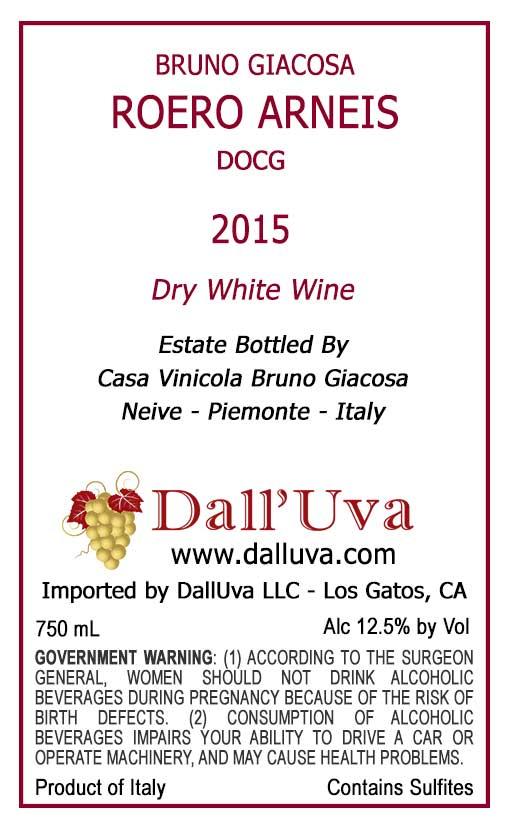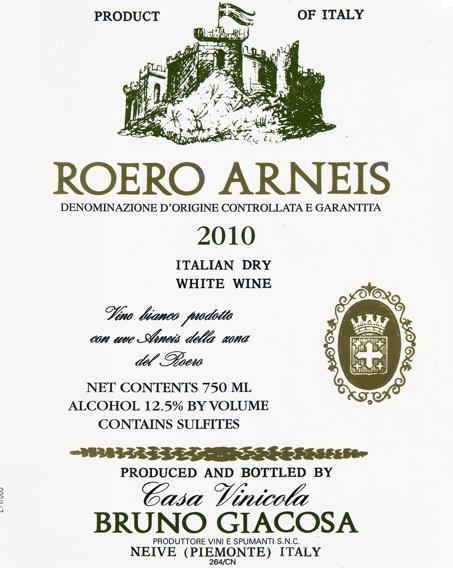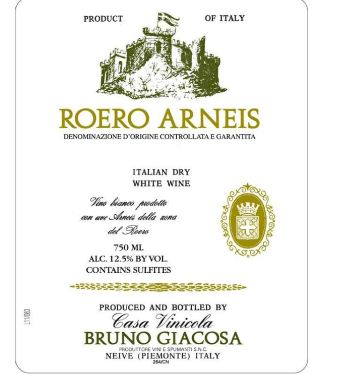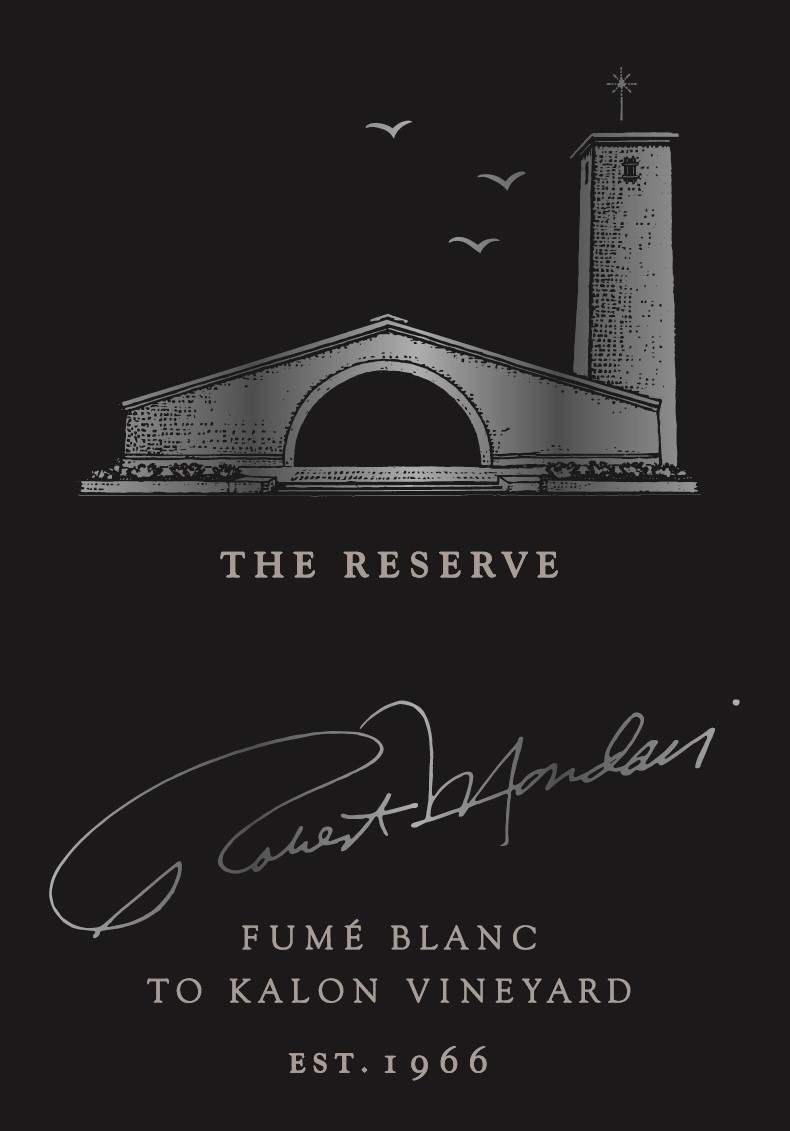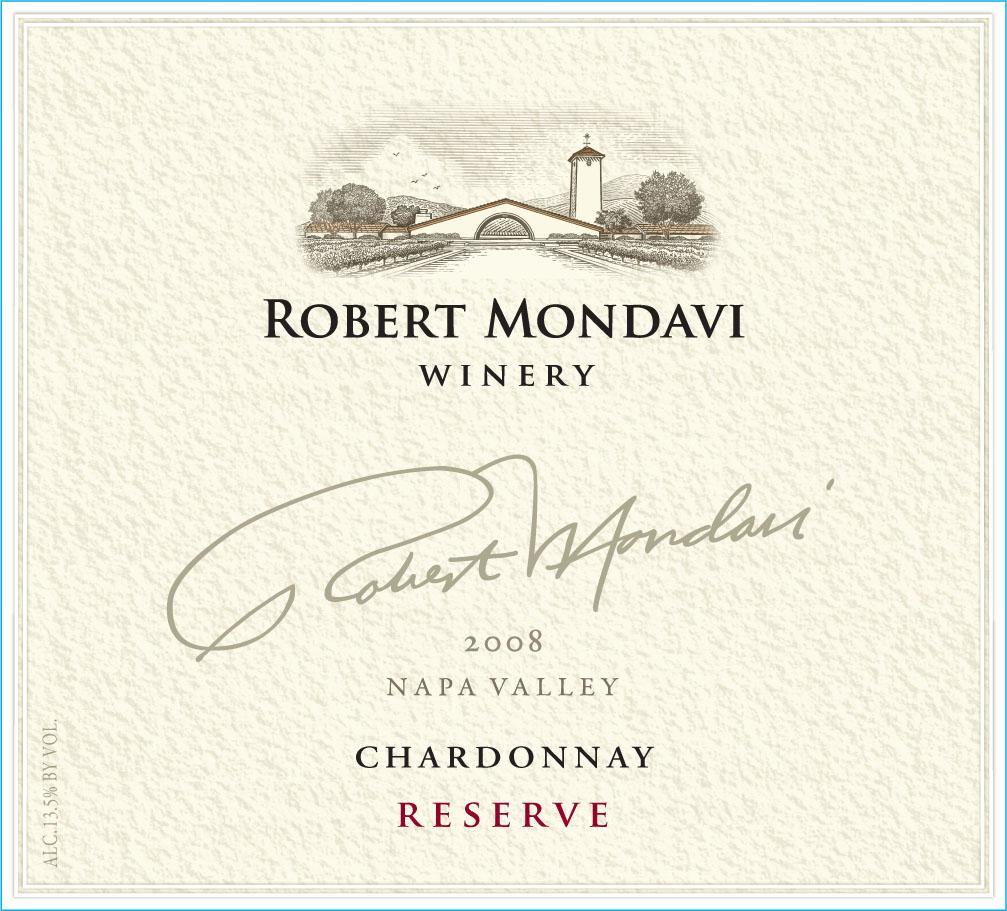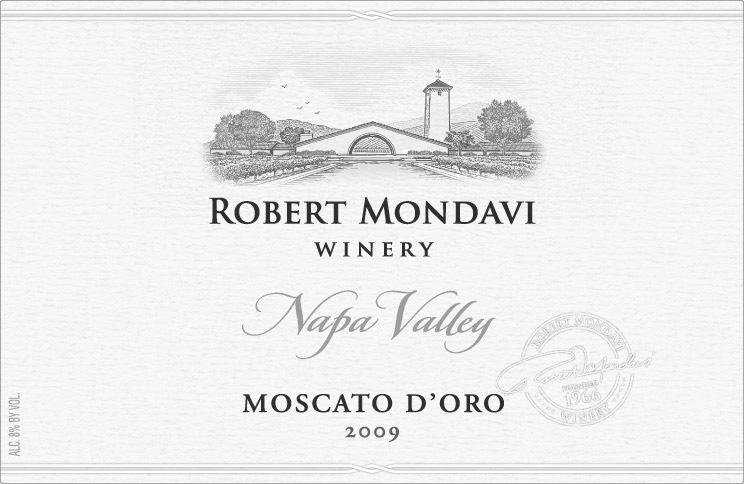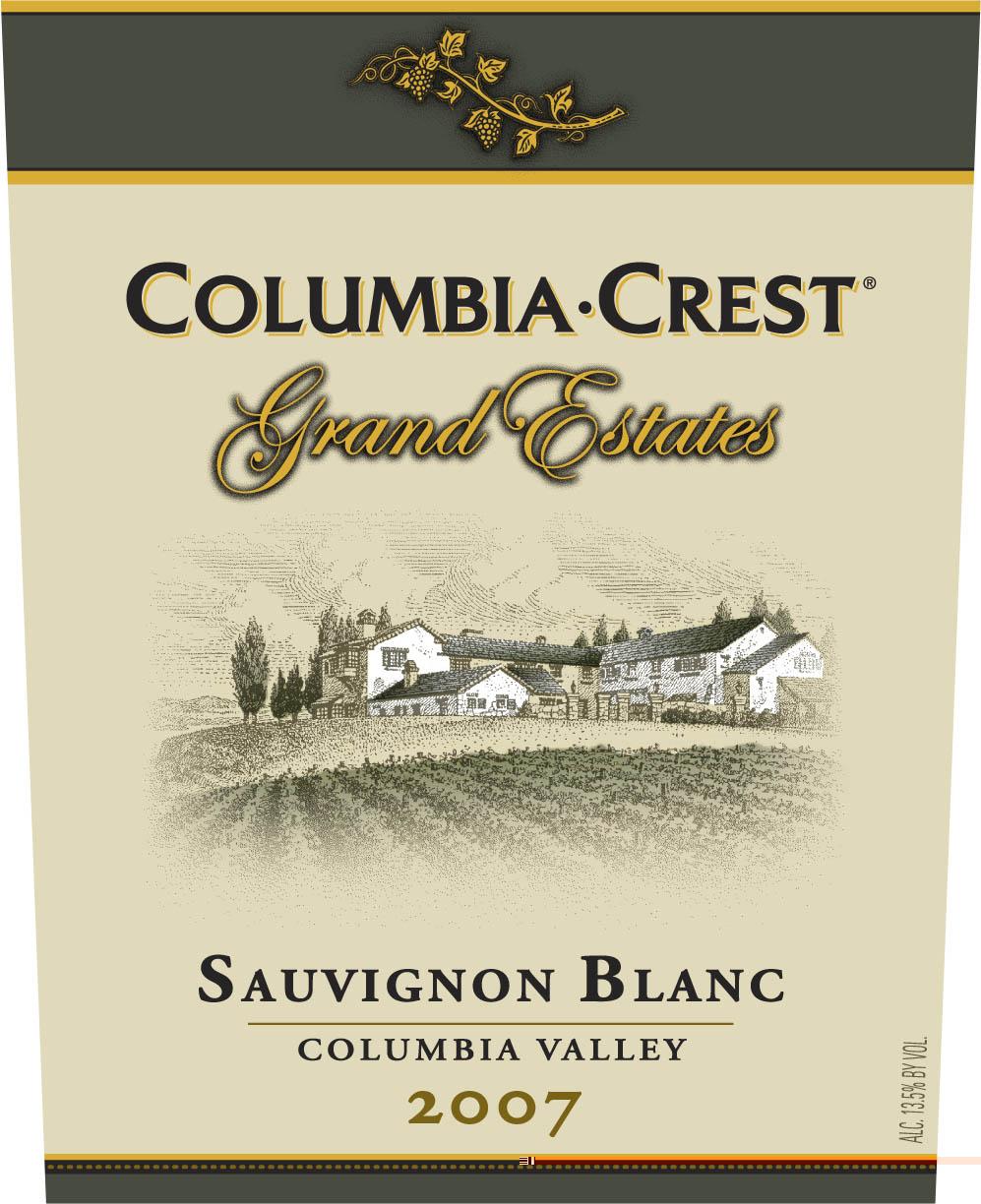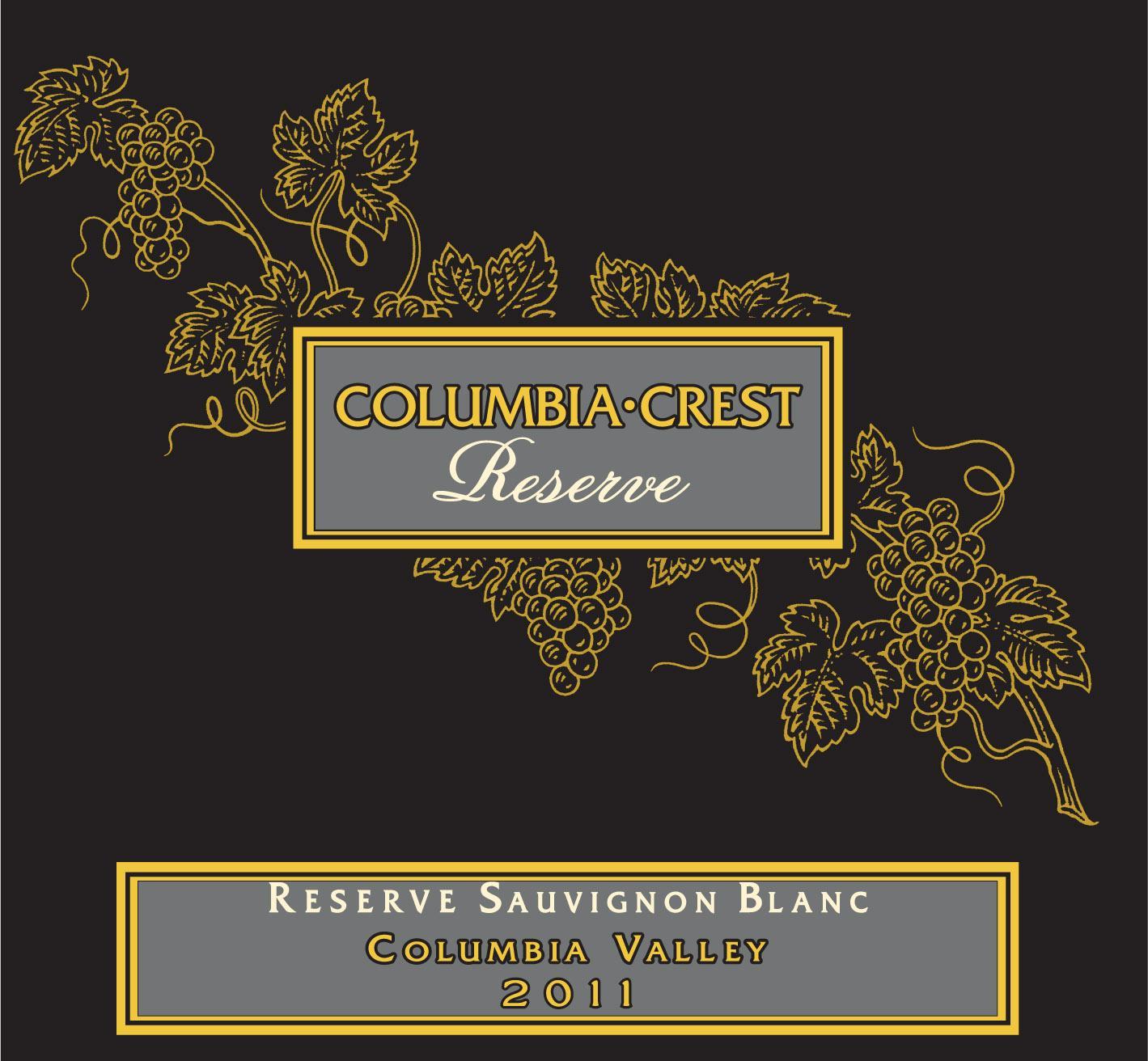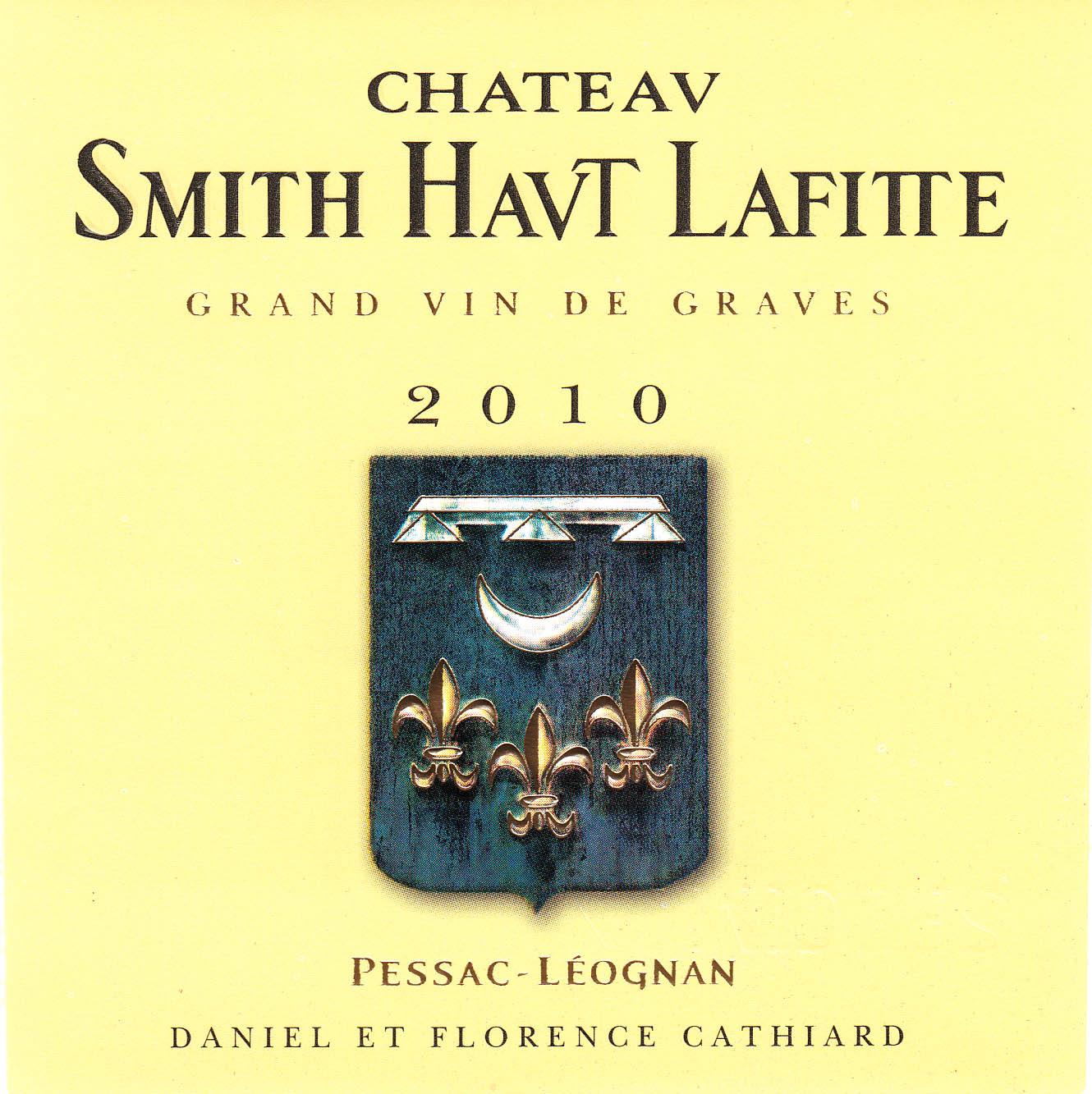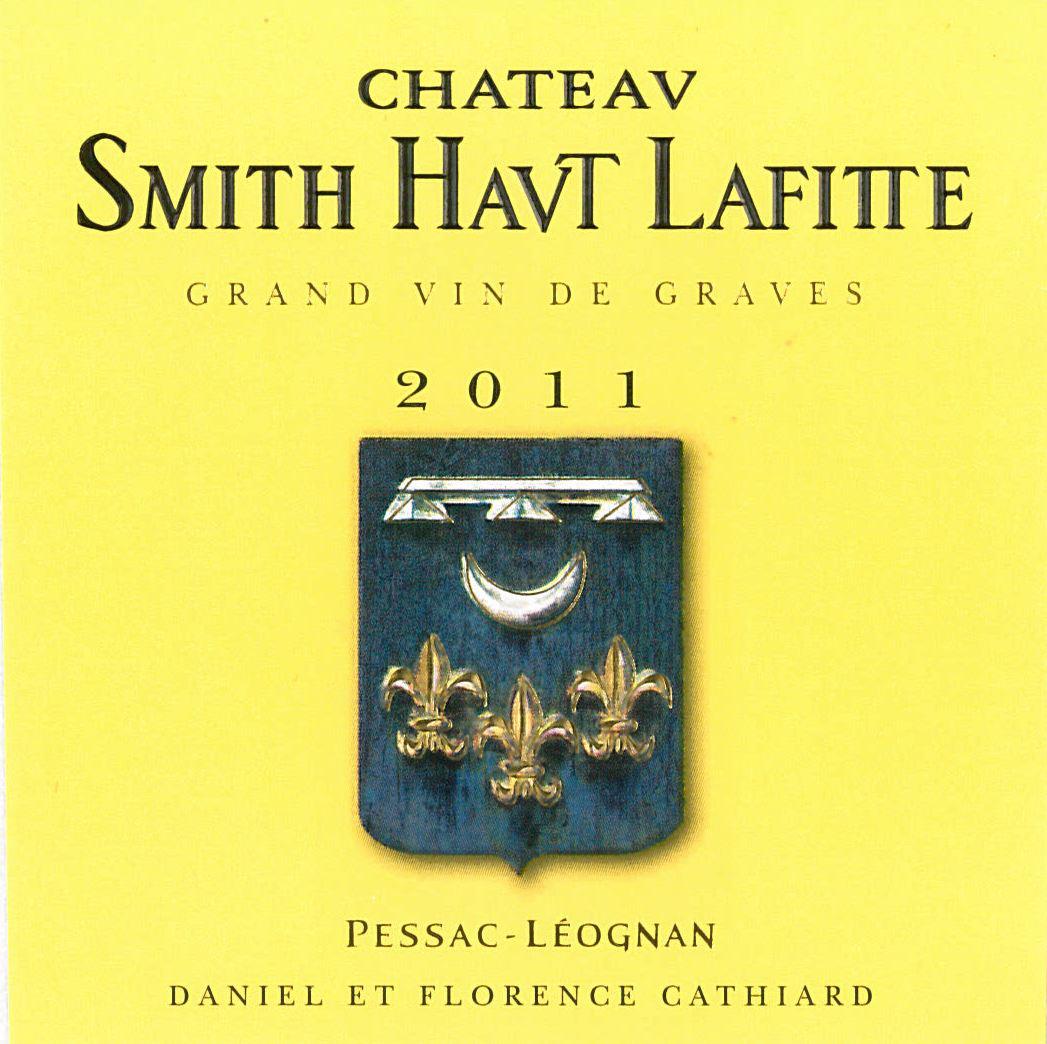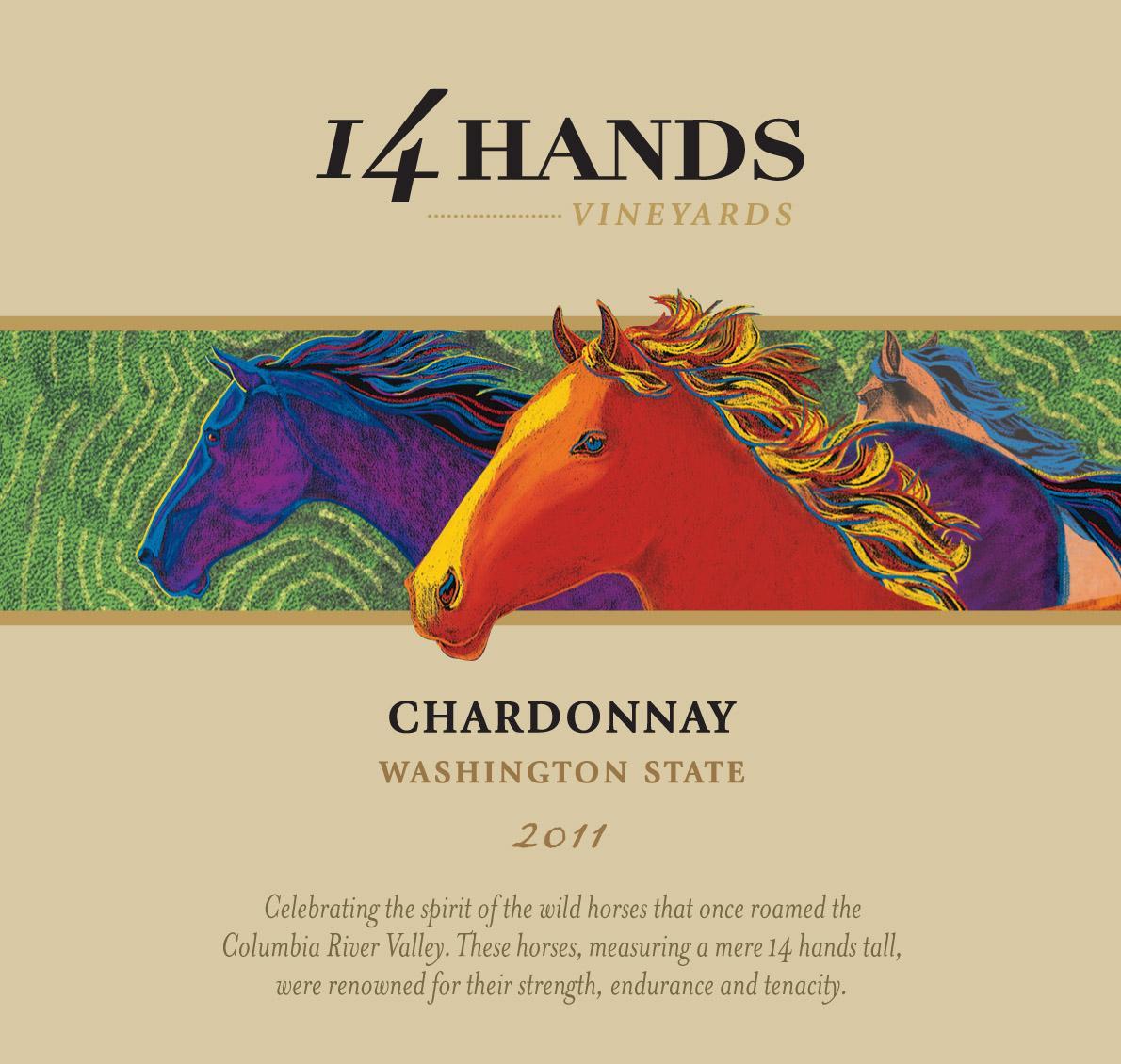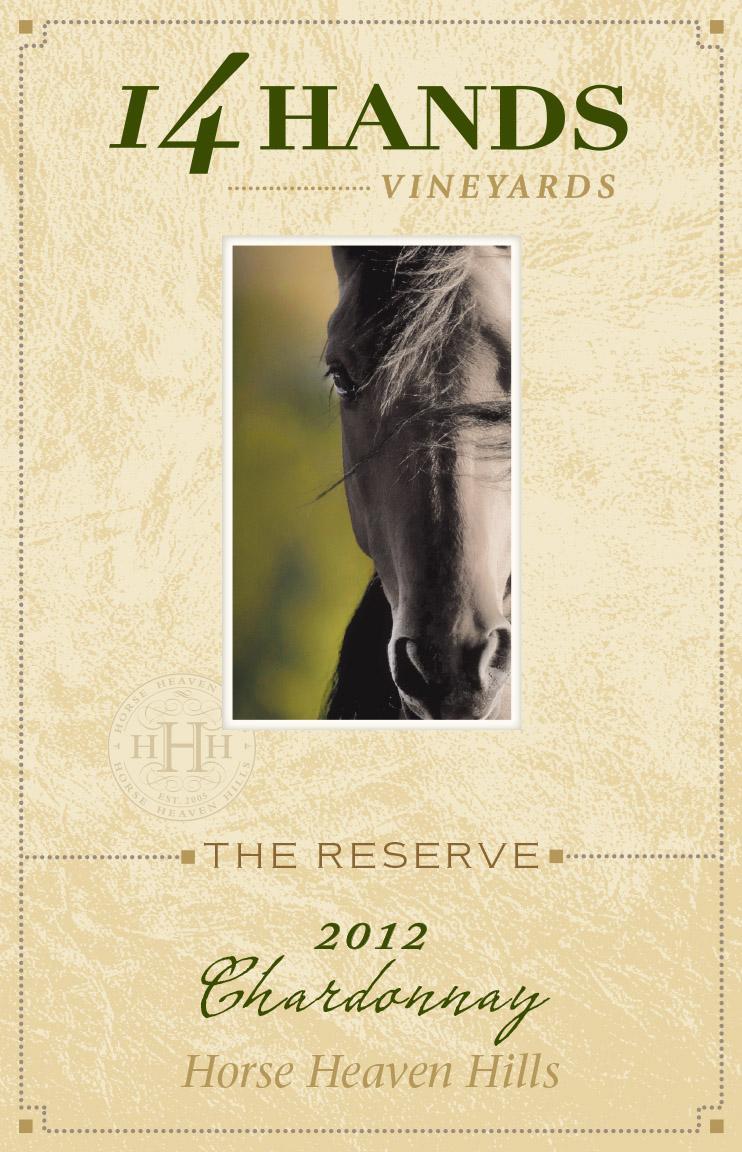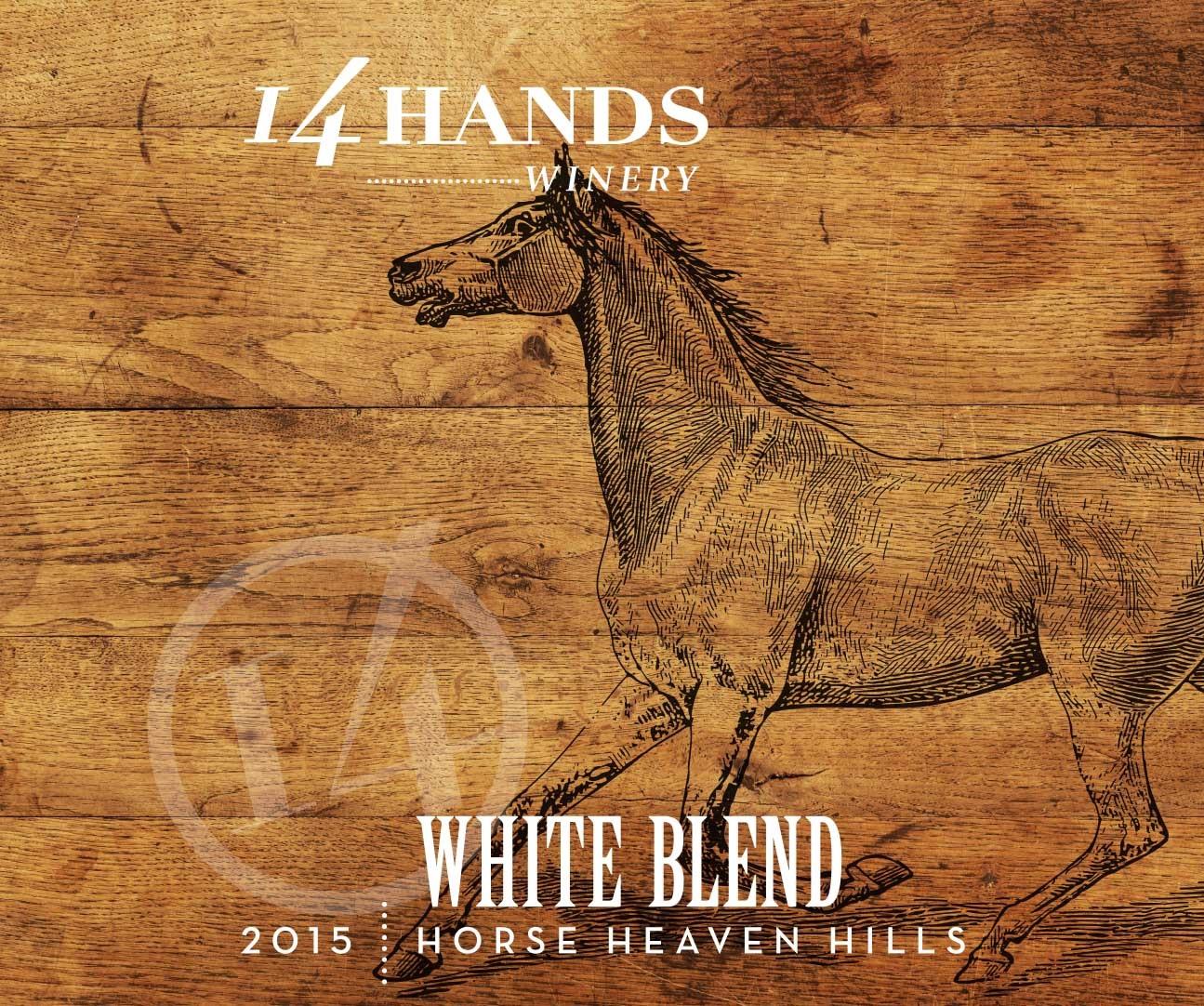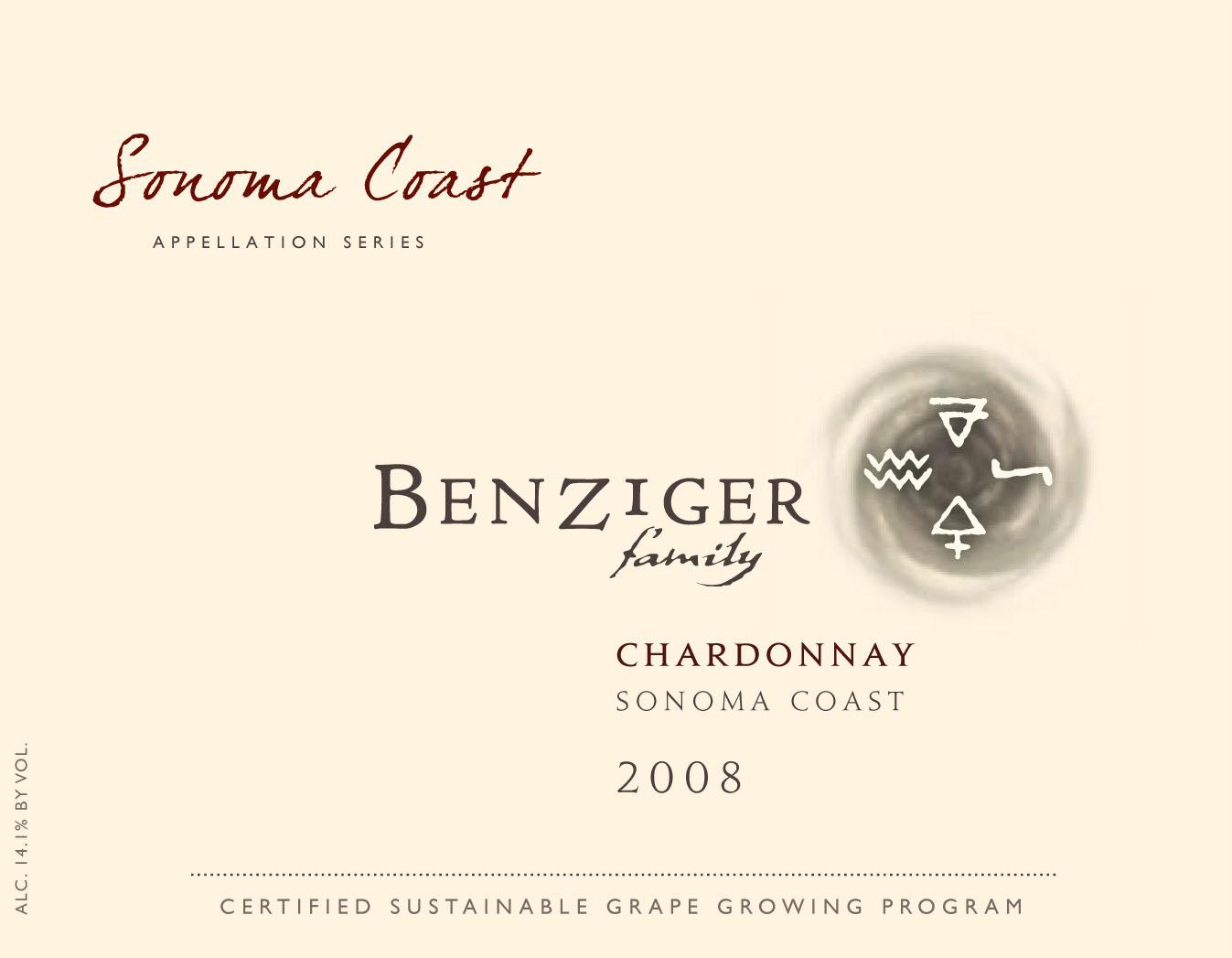Terroir of Dolcetto di Diano d’Alba
The Dolcetto di Diano d’Alba vineyards thrive in the heart of the Langhe, benefiting from well-drained, calcareous soils. These soils, often mixed with marls, clays, and limestone, are found especially on the ridges, creating an ideal environment for the vines. Situated at an elevation of around 500 meters, these vineyards enjoy prime sorì sites, with steep slopes that ensure plenty of sunshine and excellent air circulation.
The climate here features warm summer days balanced by cool nights, fostering a long and consistent ripening period. This dynamic helps the grapes develop rich flavors with a lively and balanced character. Moderate rainfall, typically occurring in spring and autumn, alongside the sloping land, reduces the risk of spring frost during colder months. This unique combination of elevation, climate, and soil contributes to the distinct profile of Dolcetto, marked by its vibrant and balanced nature.
Notable Wineries in Dolcetto di Diano d’Alba
In the picturesque Langhe hills, Dolcetto di Diano d’Alba is celebrated for its exceptional wines and dedicated winemakers. The area is rich with diversity in its wine production styles, each reflecting the unique character of this renowned DOCG region.
-
Local cooperative: This winery collaborates with small local growers to produce both regular and Superiore versions of Dolcetto, highlighting the diverse vineyards of the commune.
-
Small family estates: These family-owned wineries focus on select sorì sites, employing hand-harvesting and detailed cellar work to bring out the unique traits of each vineyard.
-
Boutique producers: These small-scale growers offer limited production, inviting visitors by appointment for personal tastings that emphasize the distinct qualities of their vineyards.
Sustainable Winemaking in Dolcetto di Diano d’Alba
In the scenic Langhe hills, Dolcetto di Diano d’Alba embraces sustainability through low-intervention farming and traditional practices, reflecting a deep respect for both the land and local heritage. Many vineyards in this region prioritize organic management and integrated farming techniques to minimize the use of fertilizers and avoid regular irrigation.
Cover crops are strategically planted to enhance soil quality and prevent erosion, especially on steep slopes. By focusing on moderate crop yields and utilizing renewable energy where possible, local producers uphold a commitment to resource-efficient strategies. The tight-knit community and small-scale nature of this area encourage sustainable, terroir-driven practices, ensuring that the wines reflect the unique character of their environment.
Wine Tourism in Dolcetto di Diano d’Alba
The Langhe region in Italy offers a unique wine tourism experience with its Dolcetto di Diano d’Alba wines. Visitors can explore charming medieval villages and taste wines that reflect the area's high-altitude vineyards and sun-rich sorì sites. The wine trails invite exploration by bike or car, showcasing the picturesque landscape that enhances the wine's character.
-
Guided Winery Tours: Experience Dolcetto wines paired with local Piedmontese dishes, providing a deeper understanding of the region's culinary heritage.
-
Food-and-Wine Events: Participate in regional festivals that marry cellar tours with cultural experiences.
-
Boutique Tastings: Discover limited-production wines at small family estates that highlight unique vineyard sites.
-
Sustainable Practices: Learn about the sustainable farming techniques that preserve the natural beauty and integrity of the Langhe hills.




